Cimcorp automation tie up helps Mercadona get fresh produce from field to store within 24 hours
Mercadona, a grocery retailer in Spain and Portugal, has partnered with Cimcorp to implement an automated intralogistics system at its distribution centre in San Isidro, Spain.
Cimcorp’s robots have helped it to achieve record lead times in its supply chain, thereby increasing shelf life for its products and ensuring freshness for its customers.
As well as enabling the delivery of fresh produce from field to store within 24 hours, the warehouse automation secures Mercadona the benefits of less waste and a safer workplace.
With robots taking care of the heavy lifting and repetitive tasks, staff enjoy work roles that are less tiring and more productive, factors that typically aid retention rates. Automation also ensures order accuracy, reduced costs and maximum throughput.
“The grocery industry is extremely competitive, as shoppers change consuming habits fast and change stores even faster,” says Kari Miikkulainen, Director of Warehouse & Distribution Industry Sales at Cimcorp.
“Today, stores offering the freshest, most seasonal produce win. Our job is to help industry players provide their shoppers with more high quality, fresh produce in less time.”
Mercadona has worked in partnership with Cimcorp to automate its intralogistics processes at San Isidro, as well as at its distribution centres in Zaragoza and Parc Sagunt. The San Isidro DC supplies 171 of Mercadona’s supermarkets, shipping a daily volume of 118,800 totes to the stores.
By leveraging automatic storage, handling and order-picking capabilities in different temperature zones, Cimcorp's system has streamlined processes and reduced order processing time (from order receipt to shipment) significantly.
“The most significant advantage is reducing errors to guarantee a better service for our stores and customers,” says Javier Blasco, Logistics Solutions Purchasing Manager at Mercadona.
Cimcorp designed modular control architecture that provides the agility and flexibility needed to handle unpredictability in consumer demand. With work in the DC divided into sections but controlled by one integrated management solution, all units can work in synchronisation and meet Mercadona's desired growth targets.
“Having modular solutions has advantages, such as all personnel knowing the installation, regardless of which city it is in,” Blasco says.
“Additionally, the solutions can be scaled up and the processes standardised more efficiently. The best part has been the robustness of the application; we haven’t had operational surprises with real orders, and we’ve been able to provide a guaranteed service to our stores.”


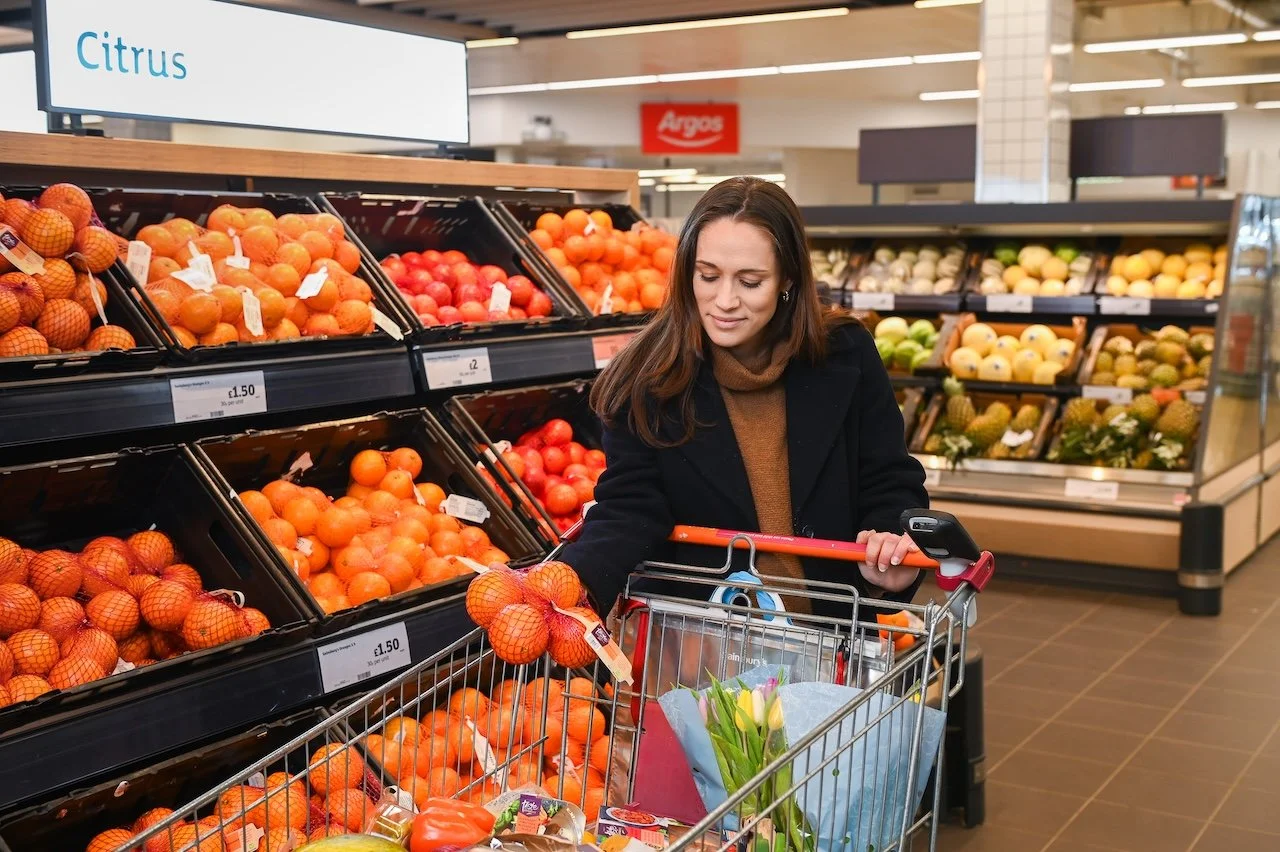
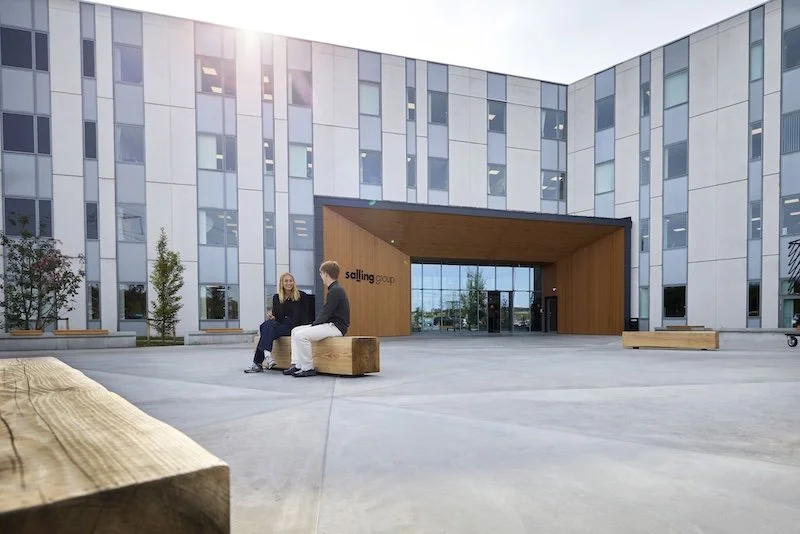
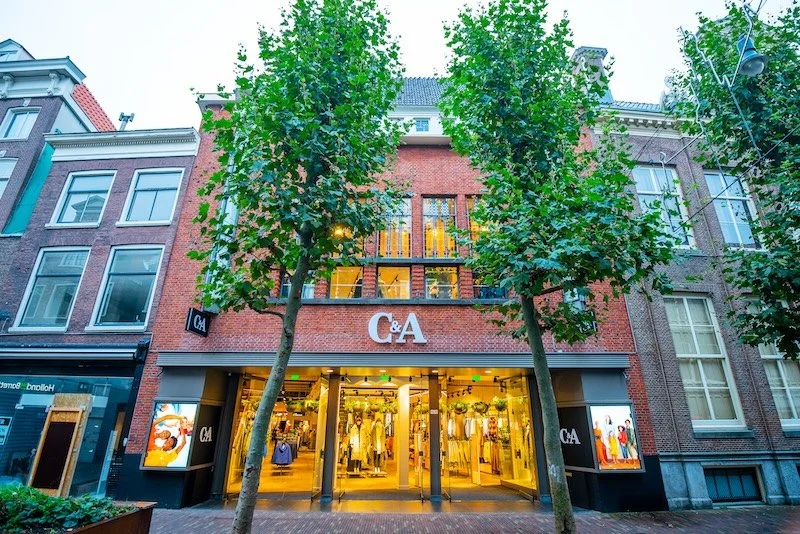

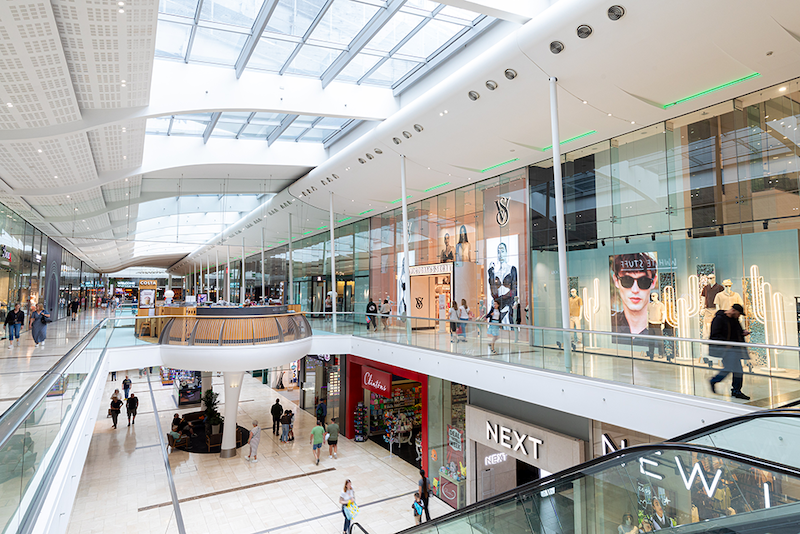


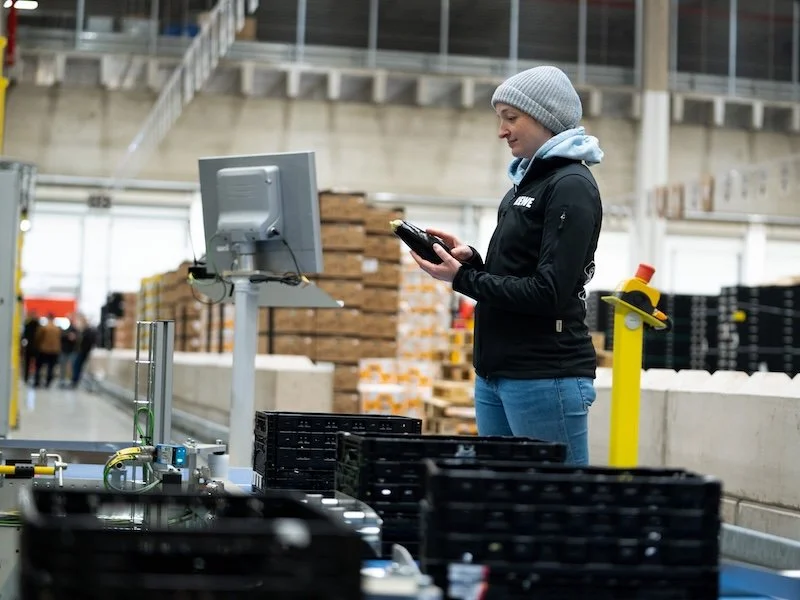

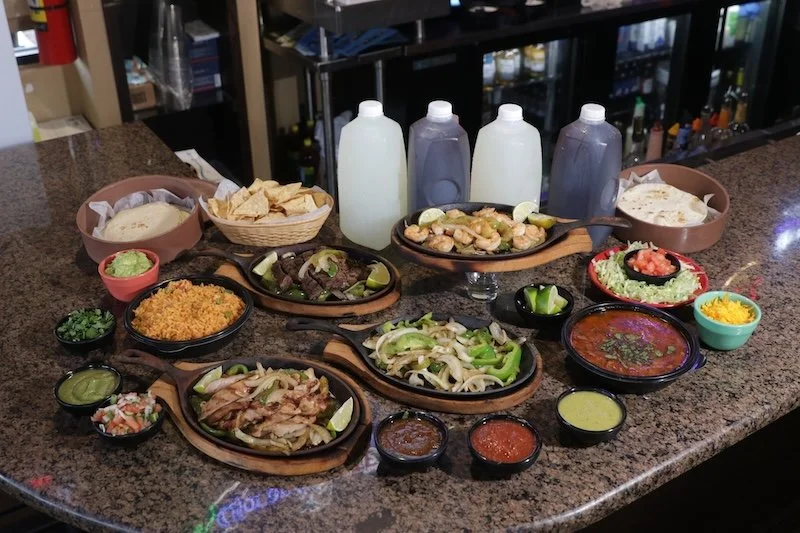




Continue reading…